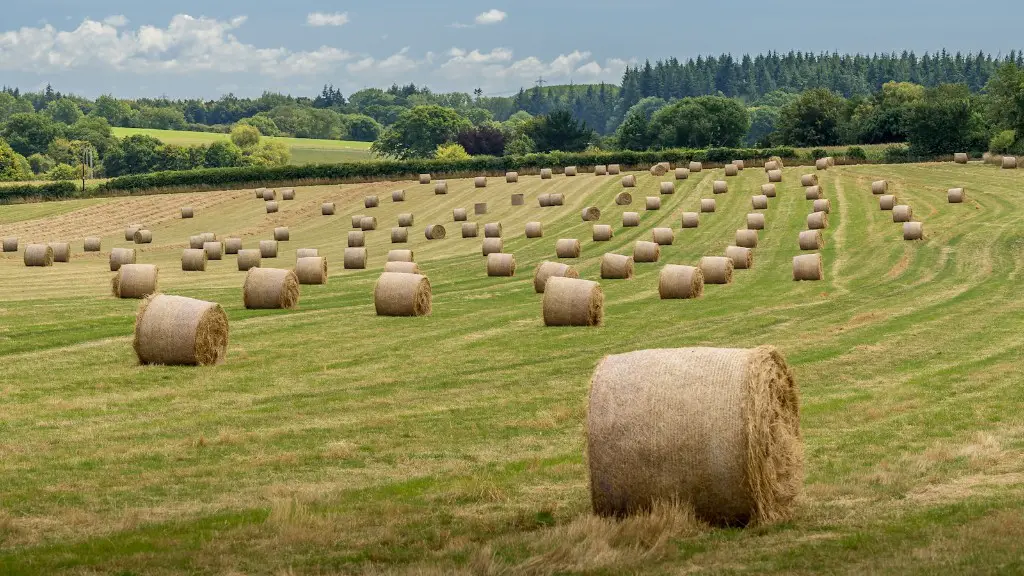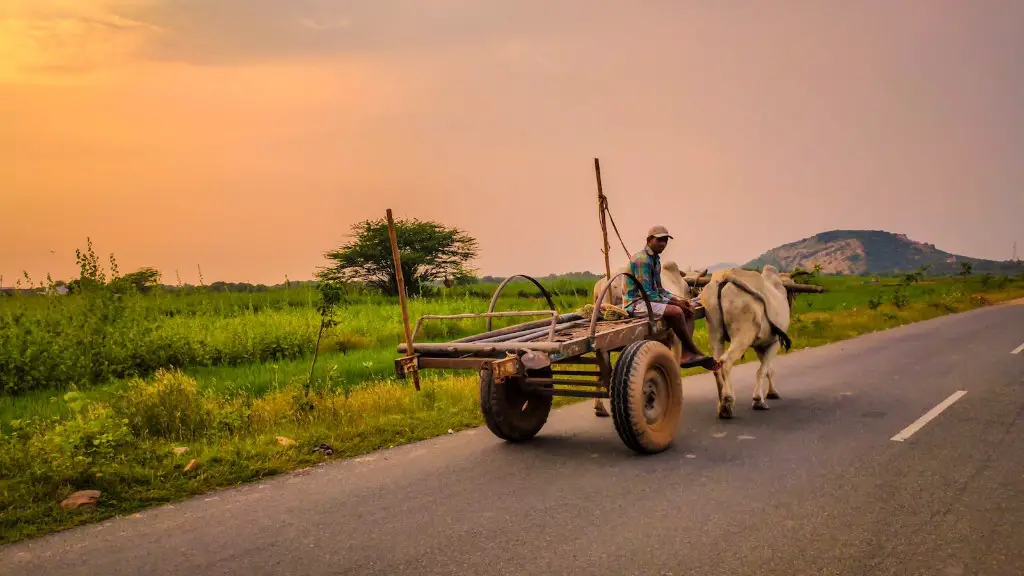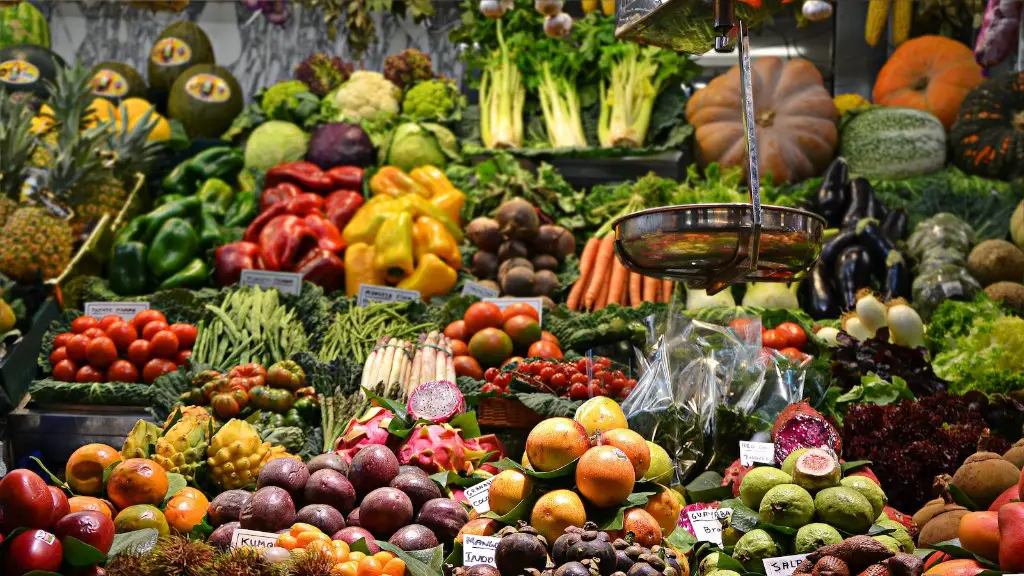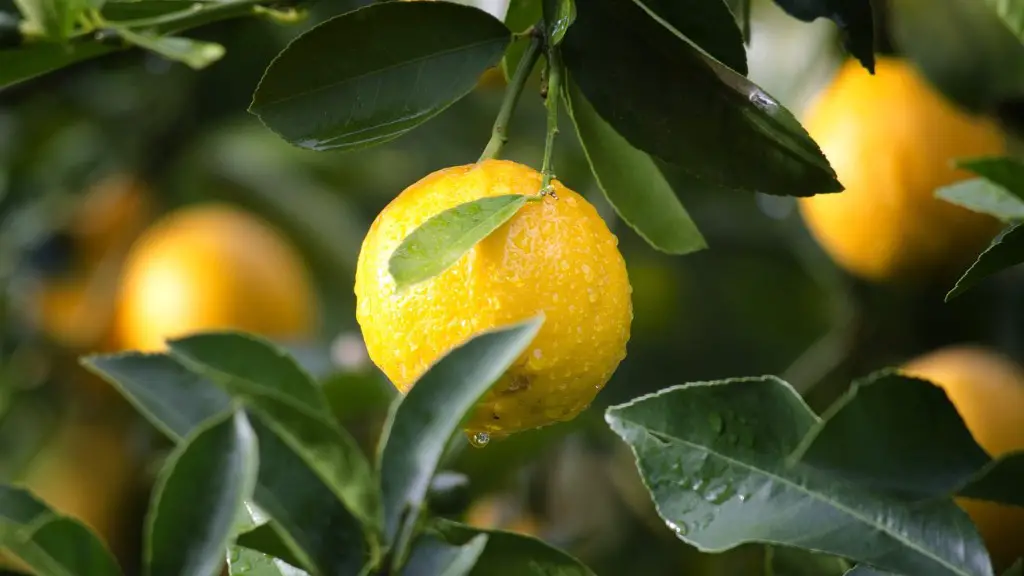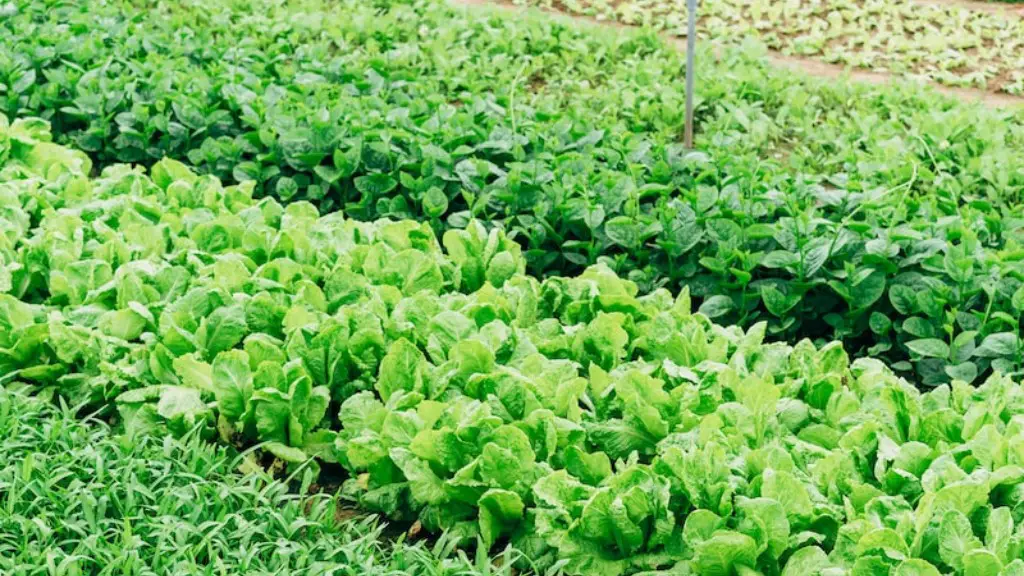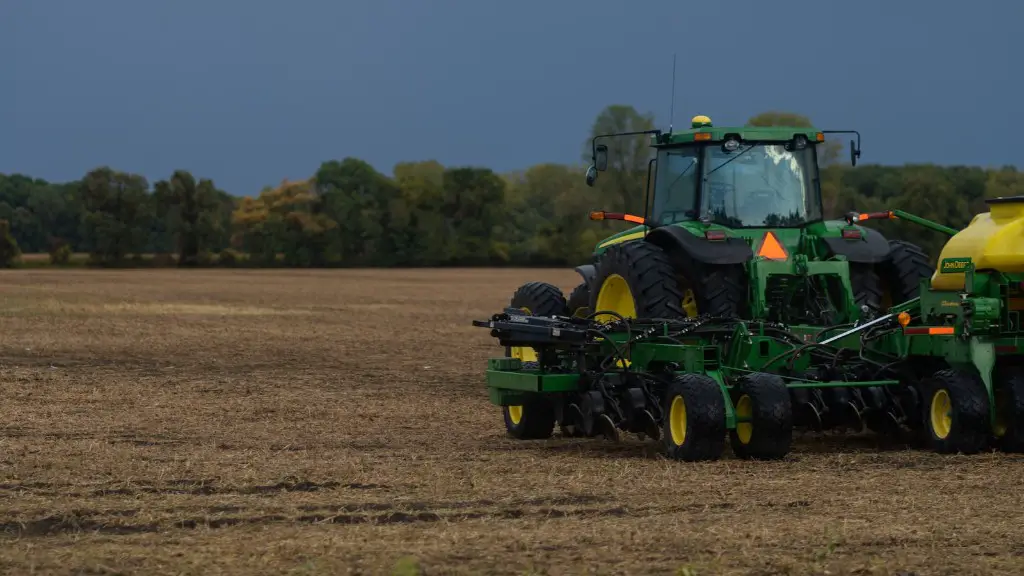The outbreak of Covid-19 has had a significant impact on the agricultural industry. The virus has resulted in a decrease in demand for agricultural products, as well as a disruption in the supply chain. This has led to a decrease in prices and a decline in production. The impact of Covid-19 on agriculture has been felt across the globe, with many farmers struggling to keep their businesses afloat.
The outbreak of Covid-19 had a profound impact on the agriculture industry. The demand for food increased significantly as people stocked up on supplies, but the supply of food decreased as the virus spread among workers in the agricultural sector. This led to higher food prices and a decrease in the availability of fresh produce. In addition, the export of agricultural products was disrupted as countries imposed restrictions on travel and trade. This had a ripple effect on the global food market, causing shortages of certain types of food and driving up prices even further. The pandemic has also had a negative impact on the mental health of farmers and agricultural workers, who are facing unprecedented challenges.
How did COVID affect the agricultural industry?
The Coronavirus (COVID-19) pandemic has had a significant impact on the US economy, including the farm sector and farm households. Farm businesses have experienced disruptions to production due to lowered availability of labor and other inputs, and output prices have been affected by changes in demand for commodities in certain market segments. This has resulted in increased financial stress for many farm businesses and households. The US government has provided some financial assistance to the farm sector through programs such as the Coronavirus Food Assistance Program (CFAP), but more may be needed to ensure the viability of the sector in the long term.
The COVID-19 pandemic has led to increased volatility in prices for imports, exports, producers, and consumers. This is due to demand shocks and problems with supply chains. Meat, fish, dairy, and eggs have been especially affected by the shifting economy brought on by the pandemic.
How COVID-19 affects agriculture and food supply
The outbreak of COVID-19 has resulted in a number of changes in the food supply chain. Movement restrictions of workers, changes in demand from consumers, and closure of food production facilities have all led to financial pressures in the food supply chain. In order to ease these pressures, governments should facilitate the movement of workers and agri-food products. This will help to ensure that food production can continue and that consumers have access to the food they need.
Utilities, finance, and real estate are among the most important industries in the US economy, employing millions of Americans. However, these industries are also some of the most concentrated, with a few firms controlling a large share of the market. This concentration can lead to higher prices and fewer choices for consumers, as well as less competition and innovation.
Why is Covid important in food?
A healthy diet is very important during the COVID-19 pandemic. What we eat and drink can affect our body’s ability to prevent, fight and recover from infections. While no foods or dietary supplements can prevent or cure COVID-19 infection, healthy diets are important for supporting immune systems.
The pandemic has caused historic drops in output in almost all major economies. The US GDP fell by 89 percent in the second quarter of 2020, the largest single-quarter contraction in more than 70 years. Most other major economies fared even worse.
What is the impact of corona on economy?
The economic impact of the COVID-19 pandemic in India has largely been disruptive. The growth of the economy has slowed down due to the shutdown of different production channels. The reverse migration of workforce and consequent shortage of labor has resulted in further deceleration of economic growth.
The coronavirus pandemic in 2020 significantly impacted corporate capital expenditure plans, with the vast majority of companies decreasing or delaying their budgeted expenditures. However, a small minority of firms increased their capital spending during the same period. These companies may have been able to take advantage of opportunities presented by the pandemic, or may have had the financial resources to weather the downturn. Going forward, it will be interesting to see how corporate capital expenditure plans change as the pandemic continues.
Can dogs catch COVID
Pets have been infected with the virus that causes COVID-19, mostly after close contact with people with COVID-19. The risk of pets spreading COVID-19 to people is low. Do not put masks on pets; masks could harm your pet.
Lemons are often referred to as the world’s healthiest food due to their many health benefits. Lemons are alkalising, which means they can help to reduce inflammation in the body. They also have strong anti-cancer properties and can help to inhibit the growth of cancer cells.
How to sleep with COVID?
The pandemic has been tough on everyone and one of the things that has suffered is our sleep. It’s important to try to get better sleep during and after COVID-19 for our mental and physical health. Here are some tips:
-Exercise and/or stay active. This can help tire our bodies out so we’re more ready to sleep at night.
-Reduce or cut out alcohol consumption. Alcohol can disrupt our sleep and make it harder to fall and stay asleep.
-Turn off the screens. The blue light from screens can make it harder to sleep.
-Do relaxing, soothing things just before bedtime. This can help our bodies and minds wind down so we’re more likely to fall asleep.
-Get out of the bedroom. If we’re having trouble sleeping, it can help to leave the bedroom and do something else for a little while.
-Avoid daytime naps. Napping during the day can make it harder to sleep at night.
-Try breathing exercises. Some people find that deep breathing or other relaxation exercises can help them sleep better.
-Optimize your sleep environment. Make sure your bedroom is dark, quiet, and cool to help you sleep
The lockdown measures have had a positive impact on the environment. With factories and construction sites shut down, there has been a reduction in air and water pollution. There has also been a reduction in noise pollution as people are less likely to commute and there are less public events.
How did COVID affect the government
As the COVID-19 pandemic continues to sweep the nation, counties are seeing major drops in revenue while experiencing major increases in expenditures for items such as health, emergency operations, justice, education, housing, and other categories that together comprise 65 percent of county expenditures. This leaves many counties facing significant budget deficits that will need to be addressed in the coming months.
The industries where employment was least affected by COVID-19 were professional, scientific, and management services; finance and insurance; and real estate and rental and leasing. These industries are typically less labor-intensive and have been less affected by the economic slowdown.
How did COVID-19 affect workers?
In the spring of 2020, the COVID-19 pandemic resulted in job losses on a scale not seen since the Great Depression. A year later, the economic situation had improved.
The outbreak of COVID-19 and the subsequent lockdown measures have had a significant impact on firms. Many businesses have been forced to close, while even those firms not affected by the lockdown measures have found themselves with fewer customers and orders. Firms have also had increased difficulties in sourcing inputs and have found it difficult to cover revenue shortfalls. This has had a knock-on effect on the economy, with firms cutting back on investment and employment, leading to a slowdown in economic activity.
Warp Up
There is no one-size-fits-all answer to this question, as the effect of Covid-19 on agriculture will vary depending on the country and region in question. However, some of the general effects of the pandemic on the agricultural sector include supply chain disruptions, labour shortages, and reduced demand for certain products.
Covid-19 had a significant effect on agriculture in many countries around the world. In some countries, farmers were not able to plant or harvest their crops due to the lockdown restrictions. This led to a decrease in food production and an increase in food prices. In other countries, the virus caused a decrease in the demand for certain products, such as meat, as people cut back on their spending. This caused farmers to euthanize their animals and led to a decrease in animal production. The pandemic also affected the supply of certain agricultural inputs, such as fertilizers and pesticides, as well as the transportation of goods.
